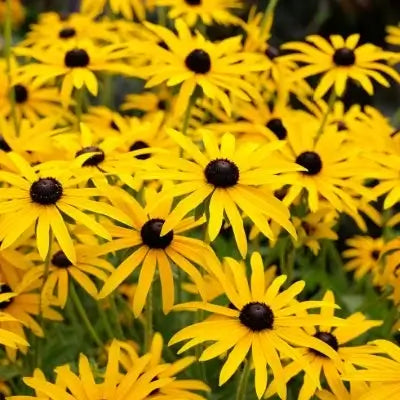Are you looking for some easy ways to save money while growing great-tasting produce in your garden at home? There are many ways to save money while enjoying a productive garden. Here are some DIY tips and tricks to help you get the most out of your gardening efforts:
You can reuse many items while gardening. You maybe able to collect and reuse topsoil from elsewhere on your property for your garden. You can start seeds in egg cartons. Yogurt or cottage cheese containers can be used to start seeds or to grow young plants. Plastic milk jugs can be cut and turned upside down to protect plants from frost.
Another easy way to stretch your gardening dollars is to trade cuttings, seeds, or plants with other gardeners. You can also check out local plant swaps where you can trade your excess plants for new plants from someone else’s garden. You can also dig up wild plants and plant them at home in your garden.
It is easy to save money on fertilizer for your garden. Horse manure makes excellent fertilizer and is usually available from any local horse stable for free or meager cost. Coffee grinds also make an excellent fertilizer. You can save your used coffee grinds or ask your local coffee shop to save them for you. You can even use ground-up eggshells and potato peelings for fertilizer.
Mulch can be pretty expensive in the store, but you can find it free in your recycling bin. You can lay down sheets of newspaper on the soil or mulch. Grass clippings can also be used as cheap mulch.
Controlling garden pests using herbs is an effective and natural method to keep your plants healthy. Certain herbs can repel pests due to their strong scents and natural compounds. Here are some herbs that can help control garden pests:
1. Basil:
- Pests Repelled: Mosquitoes, flies, and tomato hornworms.
- Usage: Plant basil near tomatoes, peppers, and beans to deter pests. You can also make a basil spray by steeping basil leaves in water and spraying it on plants.
2. Mint:
- Pests Repelled: Ants, aphids, cabbage moths, and flea beetles.
- Usage: Plant mint in pots around your garden to prevent it from spreading aggressively. Mint leaves can also be crushed and sprinkled around plants to repel pests.
3. Lavender:
- Pests Repelled: Moths, fleas, mosquitoes, and flies.
- Usage: Plant lavender along garden borders or near seating areas to repel insects. Dried lavender sachets can be placed around the garden to enhance its effect.
4. Rosemary:
- Pests Repelled: Mosquitoes, cabbage moths, and carrot flies.
- Usage: Plant rosemary near carrots, beans, and cabbage. A rosemary infusion can be sprayed on plants to deter pests.
5. Sage:
- Pests Repelled: Cabbage moths, carrot flies, and beetles.
- Usage: Plant sage near carrots, tomatoes, and cabbages. Sage leaves can also be dried and sprinkled around plants.
6. Thyme:
- Pests Repelled: Whiteflies, cabbage worms, and corn earworms.
- Usage: Plant thyme throughout the garden or near susceptible plants. Thyme oil can be mixed with water and used as a spray.
7. Chives:
- Pests Repelled: Aphids, Japanese beetles, and carrot rust flies.
- Usage: Plant chives near roses, tomatoes, and carrots. Chive clippings can be sprinkled around the garden to keep pests at bay.
8. Marigold:
- Pests Repelled: Nematodes, aphids, and whiteflies.
- Usage: Plant marigolds around the perimeter of your garden or interspersed among vegetable plants. The scent and natural chemicals in marigolds repel many pests.
9. Dill:
- Pests Repelled: Aphids, spider mites, and squash bugs.
- Usage: Plant dill near cucumbers, onions, and lettuce. Dill can also attract beneficial insects like ladybugs that prey on pests.
10. Garlic:
- Pests Repelled: Aphids, Japanese beetles, and snails.
- Usage: Plant garlic near roses, cabbage, and fruit trees. Garlic cloves can be crushed and mixed with water to create a repellent spray.
Upcycle! It’s easy to repurpose everyday household items in your garden. You can turn an old bucket into a container for plants. You can use old forks or serving spoons to work up the soil in your garden; You can use branches or twigs to stake up plants. You don’t need to spend a lot to have a great garden.

























































